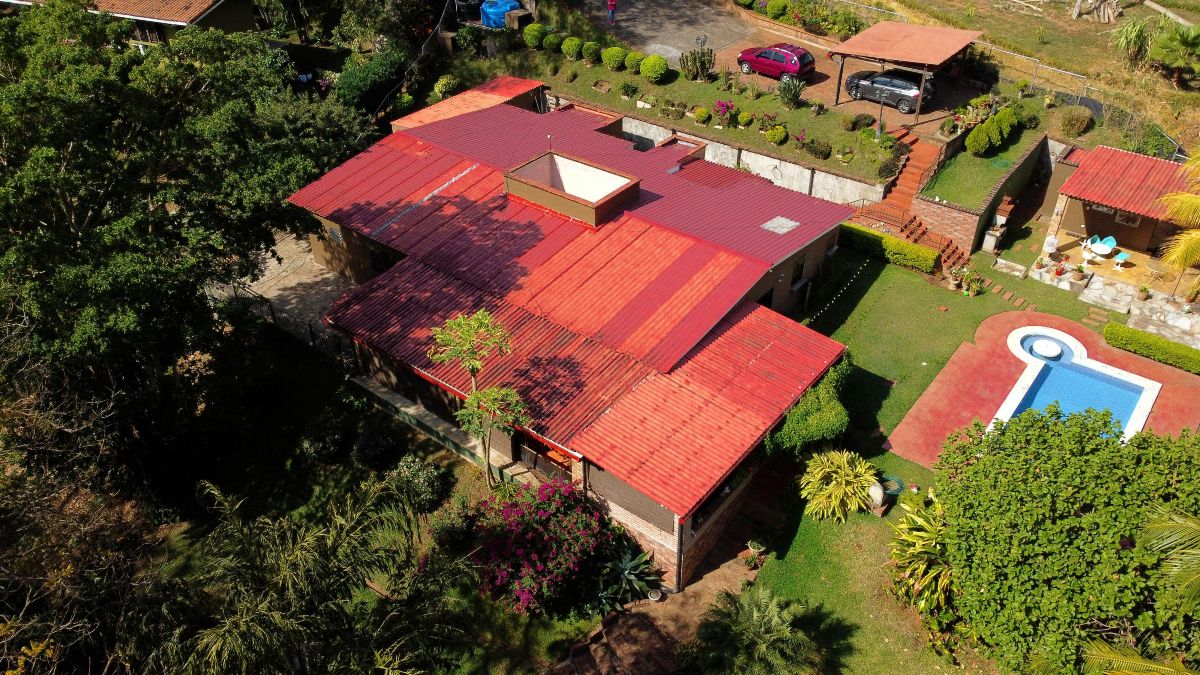Are you interested in buying property overseas? Perhaps in Central America? In this article, Luigi Wewege from Caye International Bank in Belize offers up some advice on buying real estate abroad through an offshore company.
In many offshore jurisdictions, investors may find it wise to buy real estate through an offshore company. There may be tax incentives, and, in some cases, privacy may also be a significant factor.
Whatever the reasoning, it’s good to know you can set up an offshore company and buy real estate. Here are some tips to make the process simpler.
1. Identify offshore real estate locations
The first step is to look at what’s available in any nation that’s a good fit for you. This involves getting an idea of what you have in mind for the property. Perhaps you want to buy a condo or other residential property that you can rent for now, then later use as your private residence. There’s also the option of purchasing commercial property that you could lease to other business owners.
Consider any factors that might impact the ability to realize the goals set for the real estate. For example, ensuring there is a robust tourist trade is a must if you plan to offer vacation rental properties for short-term use. The same is true if you want to offer commercial or retail space to a location-based business. The location must have a steady flow of consumers who are interested in what you will offer.
A look at some of the most luxurious vacation rentals in Costa Rica.https://t.co/jMOkWdGeV8
— Central America Living (@VidaAmerica) April 26, 2022
2. Familiarize yourself with laws and regulations
If you know the laws and regulations related to the corporate ownership of real estate in your home country, don’t assume this knowledge translates well in offshore settings. There’s variance in how property ownership works in different nations. Before making any overtures to buy real estate, ensure you understand what you can buy and hold through your company.
Some jurisdictions offer incentives for offshore entities to buy real estate. In others, you may not find any real benefits compared to buying something closer to home. Take a careful look at how the laws and regulations would apply in your case, and how you can ensure every step follows those laws.
3. Pay close attention to the tax structure when buying property overseas
Tax structures related to owning offshore property will vary. It’s up to you to understand what taxes will be due, when to pay them, and how to calculate them. There can be stiff penalties for non-compliance, even in countries with incentives for offshore investors.
You may need some help learning the ins and outs of tax laws when buying property overseas. Don’t hesitate to talk with a lawyer who can help you understand the tax code and how it would apply to your situation. Along with being up to date on other applicable laws, this will help you decide if that country is the best choice for your real estate purchase.
Great to see our friend @luigiwewege from @CayeIntBank chatting about financing options and offshore banking with our very own Richard Bexon!https://t.co/VZLMOFAT68
— Central America Living (@VidaAmerica) May 9, 2022
4. Location of corporation versus location of real estate
Another point you must clarify is the relationship between where your offshore company is based, and where you can buy property in the company’s name. You’ll find there are generally no issues when buying property in the country where the company is incorporated. What may be an issue is incorporating it in an adjacent nation.
Knowing where you can and cannot buy property is the first step if you already have an offshore company and want to make real estate deals through that entity. Keep in mind you may be able to establish a subsidiary of that offshore company in the same country. That may be enough to comply with current laws and help you avoid the need to set up a second company.
5. Collect required documentation required for purchase
Just as you needed to supply documents to set up an offshore company, you’ll need documentation to buy property in that company’s name. You’re likely to find that the documents required to establish offshore corporate bank accounts are involved.
A real estate professional can help you identify the exact documents needed to buy property. A bonus is that many documents necessary for the property purchase will also be required if you seek financing. See it as one way to take care of two critical tasks using the same information.
6. Identify real estate to buy
Now you know you that can buy property and what it will take to comply with all local laws, it’s time to make the final selection. Which of the properties under consideration is best for what you have in mind? Look at several factors before making a choice.
Always consider location and the potential for appreciation in value. From private residences you will rent to commercial properties, the goal is to ensure future demand. Furthermore, you want the value to appreciate when the plan is to hold the property for several years and then sell it at a profit.
Jaco-based realtor David Karr from CP Properties Costa Rica outlines the top five mistakes he sees people making every day when buying property in Costa Rica and how to overcome them.https://t.co/VgqJvHXnl2#CostaRica #RealEstate pic.twitter.com/maIIHyXiP0
— Central America Living (@VidaAmerica) August 6, 2018
7. Look Into obtaining an offshore real estate loan
While you could buy the property outright, that’s not always the best way to structure your finances. A better approach may be to secure a mortgage loan and use the proceeds to pay for your offshore property. This is a good idea for more than one reason.
One has to do with building the credit history of your offshore company. Timely payments will go a long way toward making it easier to get financing for future ventures. Another reason is that securing financing within the country pumps more money back into the local economy. You’ll be doing your share to add to the financial strength of the area, and enhance your company’s reputation.
8. Determine how to pay for the property
If you finance the purchase, how will you make the payments?
While you could pay using domestic accounts, why not set up an offshore corporate bank account for this purpose? Routing the payments through accounts you will need to collect rent from tenants simplifies the process all the way around.
Credits to those accounts, coupled with the balance used to establish them, can ensure there’s always money to pay the offshore mortgage. At the same time, maintaining a balance over a certain amount often means generating interest. This can help you build more wealth even as you retire debt.
We always recommend caution when buying real estate in Central America. Rent first, and learn about the market before diving in. But what if you’re ready? Here are six financing tips for buying property abroad by @luigiwewege from @CayeIntBank.https://t.co/cnP45Ptfxv
— Central America Living (@VidaAmerica) April 6, 2022
9. Use offshore banking for offshore needs
Remember there are always resources to help you set up the offshore corporate bank accounts needed to handle the receipt and disbursements associated with your real estate deals.
A professional adviser can help you establish checking and other account types to make covering all the expenses related to property ownership a breeze. You may be surprised at how simple and fast buying property overseas through your offshore company can be.
Caye International Bank President, Luigi Wewege discusses investing in Central America: https://t.co/Ccklovo6AU as well as in Spanish: https://t.co/o5mqXutrO5 #offshorebanking #belize #centralamerica @BizLatinHub pic.twitter.com/PkEiu5igqs
— Caye International Bank (@CayeIntBank) June 7, 2022
Luigi Wewege is the President of Caye International Bank, headquartered on the island of Ambergris Caye, Belize. He is also the published author of The Digital Banking Revolution, now in its third edition.




